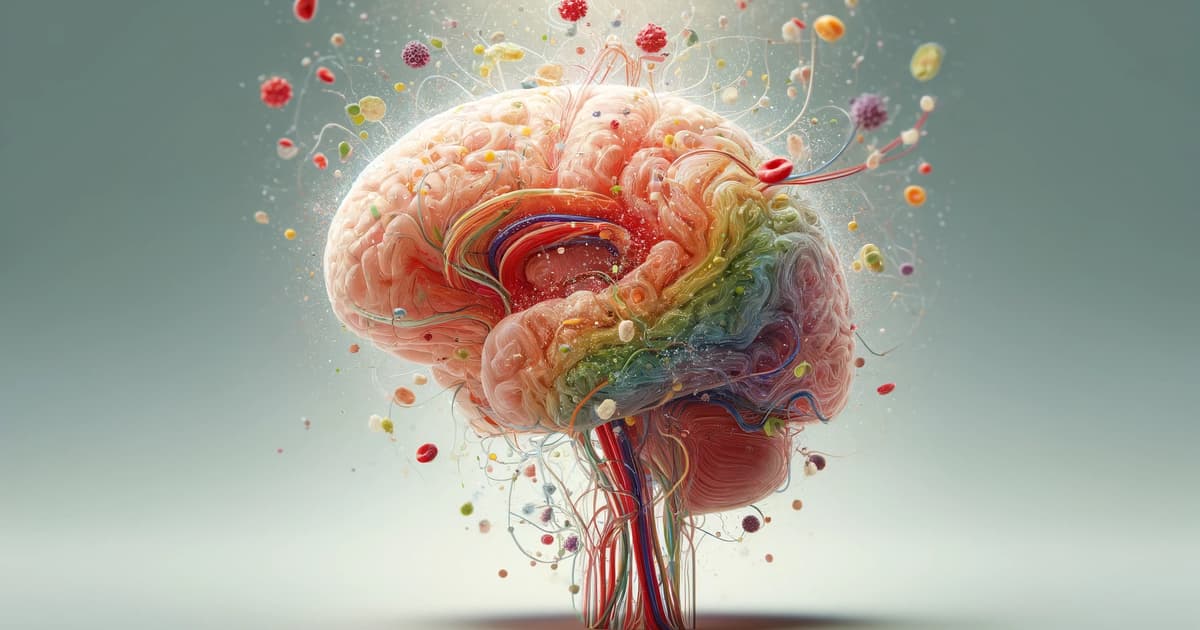
By combining brain scans and nutritional intake data, a new study has found a nutrient profile that puts the brakes on brain aging. What’s more, that profile matches an easy-to-follow popular eating plan that’s been proven to convey multiple benefits.
In conducting the study, researchers from the University of Nebraska-Lincoln (UNL) and the University of Illinois at Urbana-Champaign worked with a group of 100 cognitively healthy people in the 65 to 75 age range. They collected blood from the participants to measure nutrient biomarkers, conducted MRI scans, and put the volunteers through a range of cognitive assessments. The scientists also had the participants complete questionnaires that gathered demographic data, information about activity levels, and body measurements.
When examining the cognitive data, the team found two types of brain aging: slower-than-accepted and accelerated. When they combined the cognitive data with the nutritional measurements, they found a certain nutritional profile clearly linked to those with slower brain aging. Specifically, those with younger brains had good levels of fatty acids, carotenoids, choline, two forms of vitamin E, and antioxidants in their blood. That’s a nutritional profile which closely matches that of the Mediterranean diet.
“The unique aspect of our study lies in its comprehensive approach, integrating data on nutrition, cognitive function, and brain imaging,” said lead UNL researcher Aron Barbey. “We move beyond simply measuring cognitive performance with traditional neuropsychological tests. Instead, we simultaneously examine brain structure, function, and metabolism, demonstrating a direct link between these brain properties and cognitive abilities. Furthermore, we show that these brain properties are directly linked to diet and nutrition, as revealed by the patterns observed in nutrient biomarkers.”
While the researchers say that their study was unique in this type of rigor, the findings are perhaps not too surprising, as the Mediterranean Diet – which places a high emphasis on whole grains, fruits, vegetables, fish, and healthy fats – has consistently emerged as a healthy eating plan. It’s been shown to fight cardiovascular disease, type II diabetes, breast cancer and to even reduce the symptoms of depression in young men. Plus, last year, it came in third in a list of the top 10 diets ranked by the American Heart Association.
The researchers say they plan to continue to investigate the nutrient profile associated with slower brain aging, and to further tease apart the effects of specific nutrients on brain health.
“An important next step involves conducting randomized controlled trials,” said Barbey. “In these trials, we will isolate specific nutrients with favorable associations with cognitive function and brain health, and administer them in the form of nutraceuticals. This will allow us to definitively assess whether increasing the levels of these specific nutrient profiles reliably leads to improvements in cognitive test performance and measures of brain structure, function, and metabolism.”
The study conducted by Barbey and his team has been published in the journal Nature Aging.
Source: University of Nebraska-Lincoln via EurekAlert
Source: newatlas.com






















Add comment